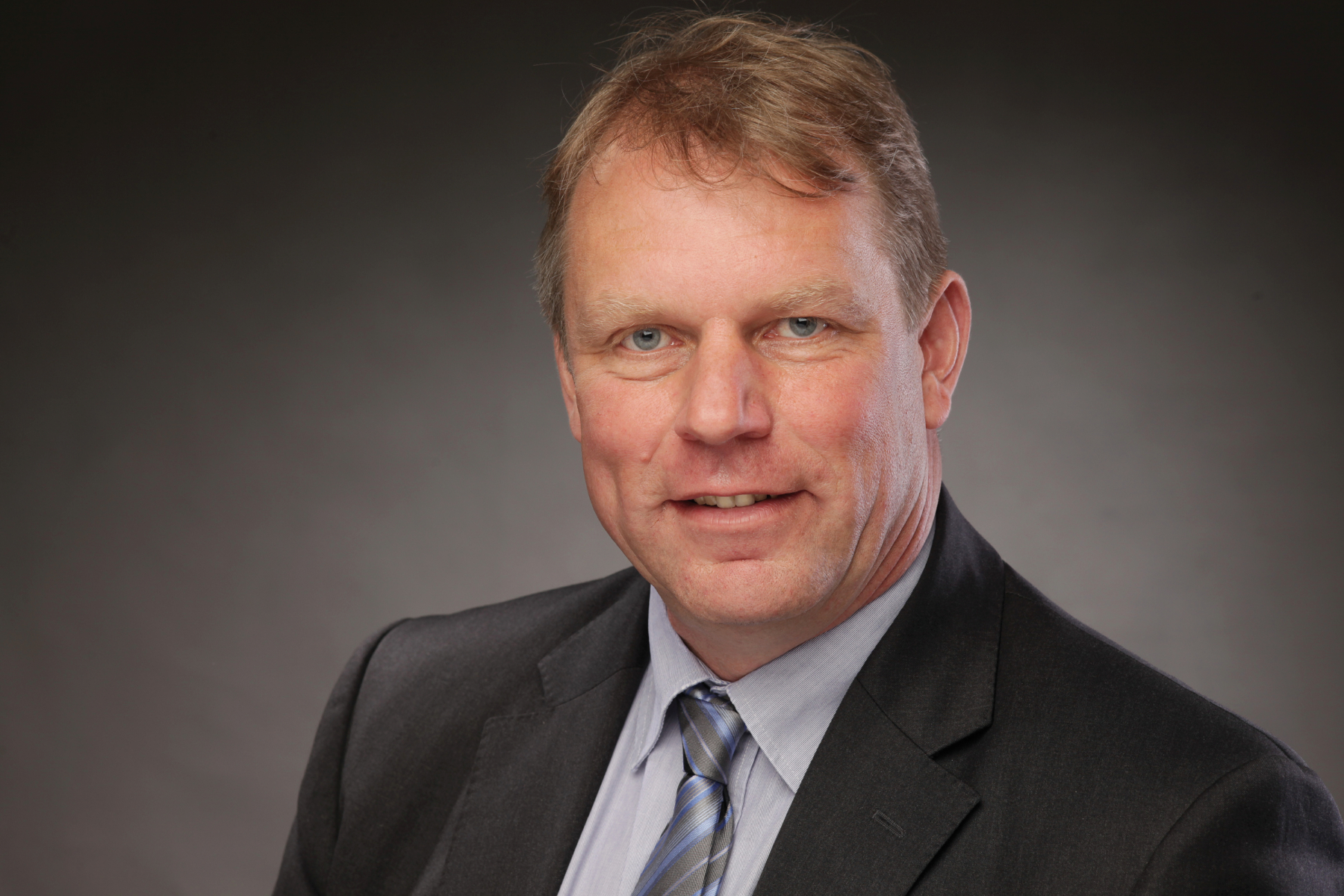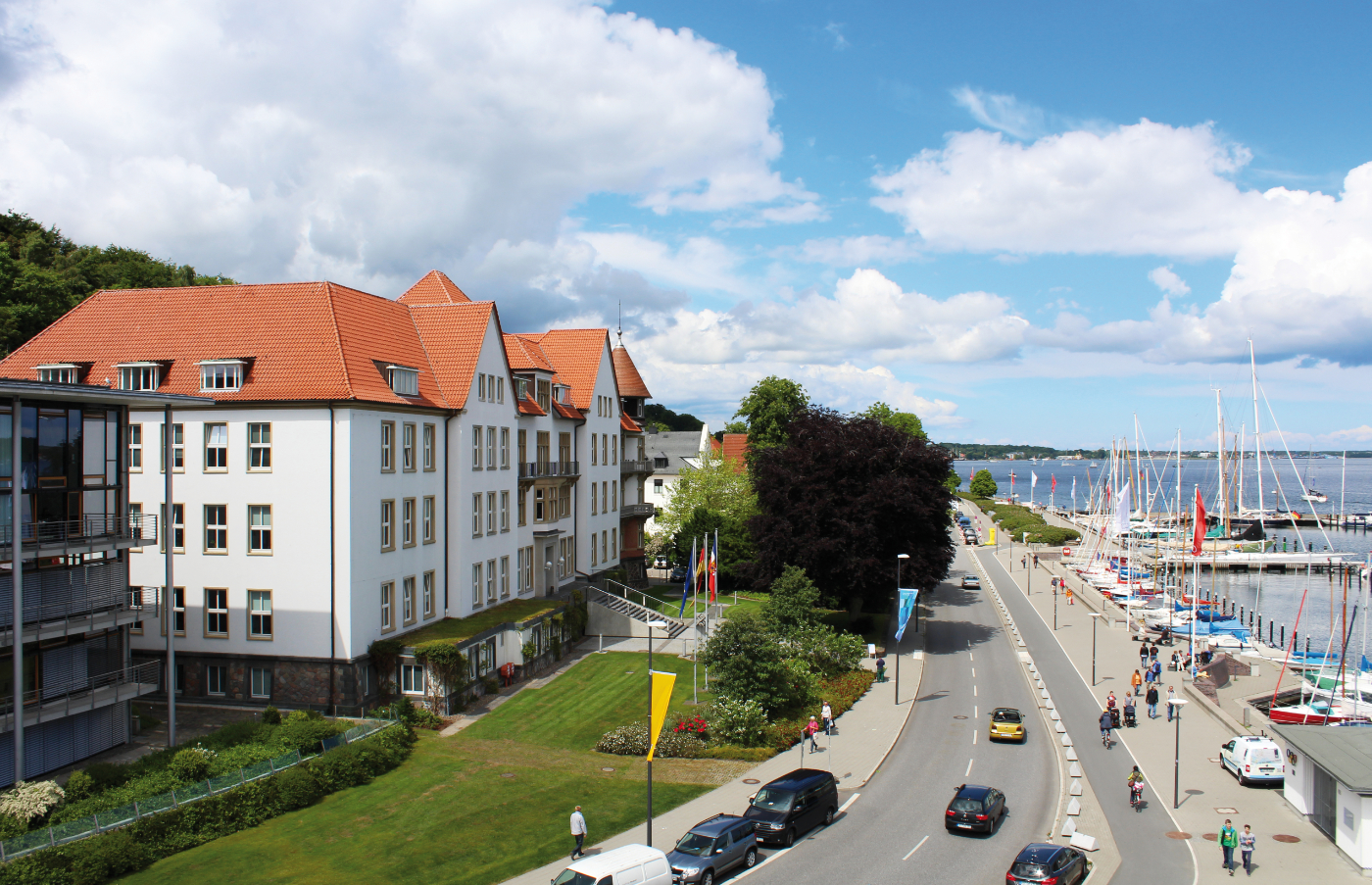Combining expertise through every faculty of Kiel University
During its long history of more than 350 years, Christian-Albrechts-Universität zu Kiel (CAU) has been closely linked to marine research. Even today, the study of the local waters of the North and Baltic Seas and their coasts, as well as international research on ocean and climate, form an important pillar of the research profile at Kiel University.
The Cluster of Excellence "The Future Ocean" plays a special role here. It combines the excellent expertise of scientists from all eight faculties of Kiel University and shines a beacon on the close cooperation of the university and non-university partners. Together with the GEOMAR Helmholtz Centre for Ocean Research Kiel, the Institute for the World Economy (IfW) and the Muthesius Academy of Fine Arts and Design, the researchers examine the great, socially relevant topic of "ocean and climate change" in an interdisciplinary and transdisciplinary manner. Thus the Cluster perfectly reflects the leitmotif of Kiel University as a university of cutting-edge research for and in society.
For many years, Kiel University has seen itself as a university of dynamically interacting scientific cultures which views the dialogue of disciplines and methods as an indispensable prerequisite to understanding and solving the complex problems of our time. In order to consolidate this aspiration, the university's Executive Board has established four cross-faculty research priorities in recent years. One of them is Kiel Marine Science (KMS), which is characterized by practiced interdisciplinarity, intensive research activity and high-ranking publications. KMS is and will remain the overarching structure for leading university research in the marine sciences in Kiel, and will be the driving force behind the successful acquisition of third-party funding at the federal level and within the framework of European research programmes.
As a state university, Kiel University assumes a special responsibility not only for its researchers, its students and teachers, but especially for the early education of school students. The Cluster of Excellence "The Future Ocean" has been able to set a decisive direction for the university with its programmes for school students. The Kieler Forschungswerkstatt, the school lab at the university, was born out of the school programmes of "The Future Ocean" in close cooperation with the Kiel-based Leibniz Institute for Science and Mathematics Education. This facility recently celebrated its fifth anniversary.
Kiel University also attaches great importance to the training and promotion of early career scientists. The Integrated School of Ocean Sciences (ISOS) of the Cluster of Excellence serves as a role model for teaching important scientific and social competences and for networking PhD students across faculty boundaries. Programs tested in ISOS have significantly influenced the Graduate Center at Kiel University. However, interdisciplinary teaching and research must not start with graduate education. Kiel University has therefore set itself the task of anchoring interdisciplinary teaching modules in bachelor's and master's programs. Here, too, the Cluster of Excellence "The Future Ocean" has provided important impulses for new ways of training students.
Facing the increasingly complex and, in essence, global challenges of our time, the close integration of scientific disciplines with their complementary methods, accompanied by an intensive exchange with society and its decision-makers from politics and business, is the basic requirement for commonly supported and societally accepted sustainable solutions.
With its many years of experience in transdisciplinary research in the Cluster of Excellence "The Future Ocean", Kiel University can make a valuable contribution here.
Prof. Dr. Lutz Kipp
President
Kiel University
Kiel University

Kiel University is Germany's northernmost State University and the scientific center of Schleswig-Holstein. At our institutes, more than 26,000 students learn their trade and about 2,000 scientists teach and do research in one of our eight faculties - Arts and Humanities, Theology, Law, Medicine, Mathematics and Natural Sciences, Business, Economics and Social Sciences, Engineering and Agricultural and Nutritional Sciences. They educate students in 185 degree programs and approximately 80 different areas ranging from Agricultural Science to Zoology. Throughout its 350 year history, the city of Kiel and the University have formed tight bonds. With its clinic, the University is one of the biggest employers in the region. It sees itself as a modern State University of interconnecting academic cultures.
www.uni-kiel.de


